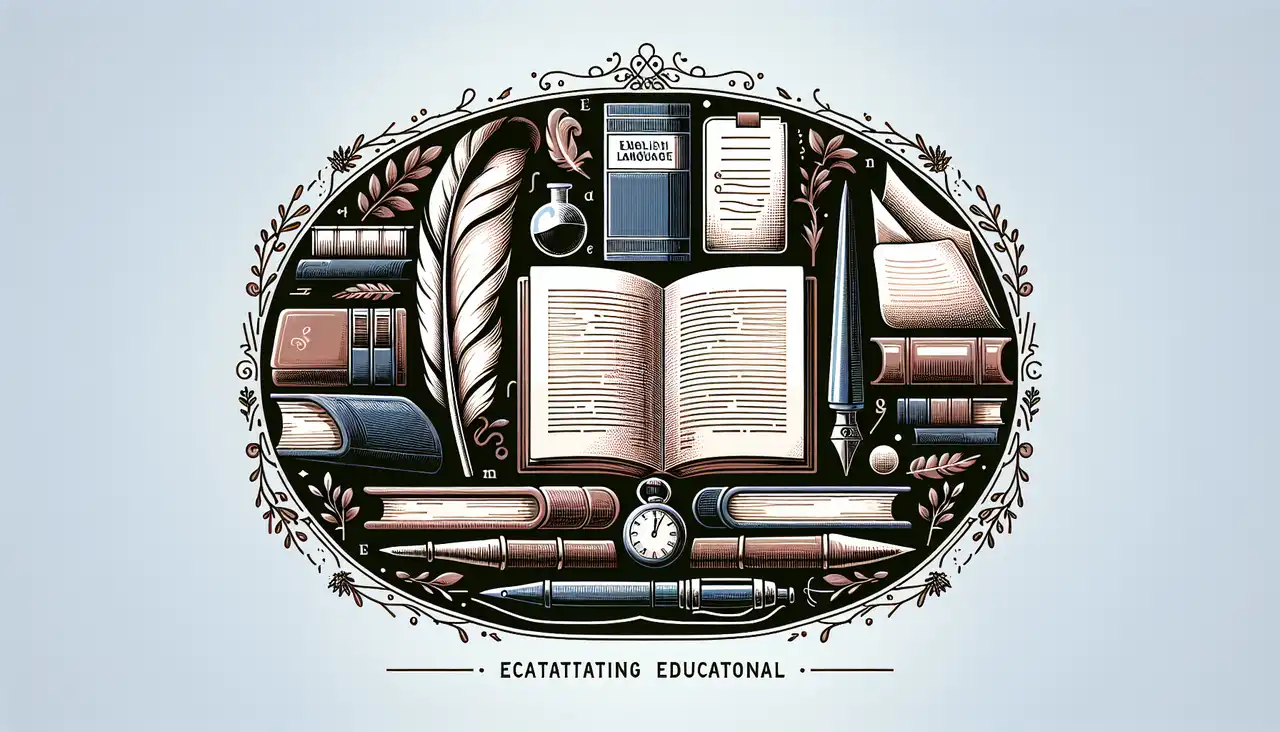

Robert Sturges
Professor collaborating on research in gender studies, textual criticism, opera, medieval literature, and biblical studies, Robert Sturges is an Emeritus Professor of English at Arizona State University-West. With a distinguished academic career, he has previously taught at prestigious institutions such as M.I.T., Wesleyan University, and the University of New Orleans. His scholarly pursuits are deeply rooted in exploring the intersections of literature and critical theory, with a particular focus on medieval texts and the Bible as literature. Dr. Sturges has made significant contributions to the field through his extensive publication record, which includes six books and numerous essays. His research delves into complex themes such as hermeneutics, gender theory, male-male desire, and power dynamics, offering fresh perspectives and insights into these areas. His expertise in biblical studies and medieval literature is widely recognized, and his work often challenges conventional interpretations, pushing the boundaries of traditional literary analysis. Holding a Ph.D. in comparative literature from Brown University, Dr. Sturges has established himself as a leading figure in his areas of interest. His academic journey has been marked by a commitment to advancing understanding in gender and sexuality studies, as well as textual criticism. His approach often involves a critical examination of texts, uncovering underlying societal and cultural narratives that influence literary works. Currently, Dr. Sturges is engaged in an exciting project, working on an edition of the Middle English Pseudo-Augustinian Soliloquies. This endeavor reflects his ongoing dedication to medieval literature and his passion for bringing historical texts to contemporary audiences. His work not only enriches the academic community but also contributes to a broader appreciation of the complexities and nuances of medieval and biblical literature. Throughout his career, Dr. Sturges has been a mentor and inspiration to students and colleagues alike, fostering an environment of intellectual curiosity and rigorous scholarship. His contributions to the field continue to resonate, influencing new generations of scholars and expanding the horizons of literary studies.
Publications
, 374, 2016-04-27